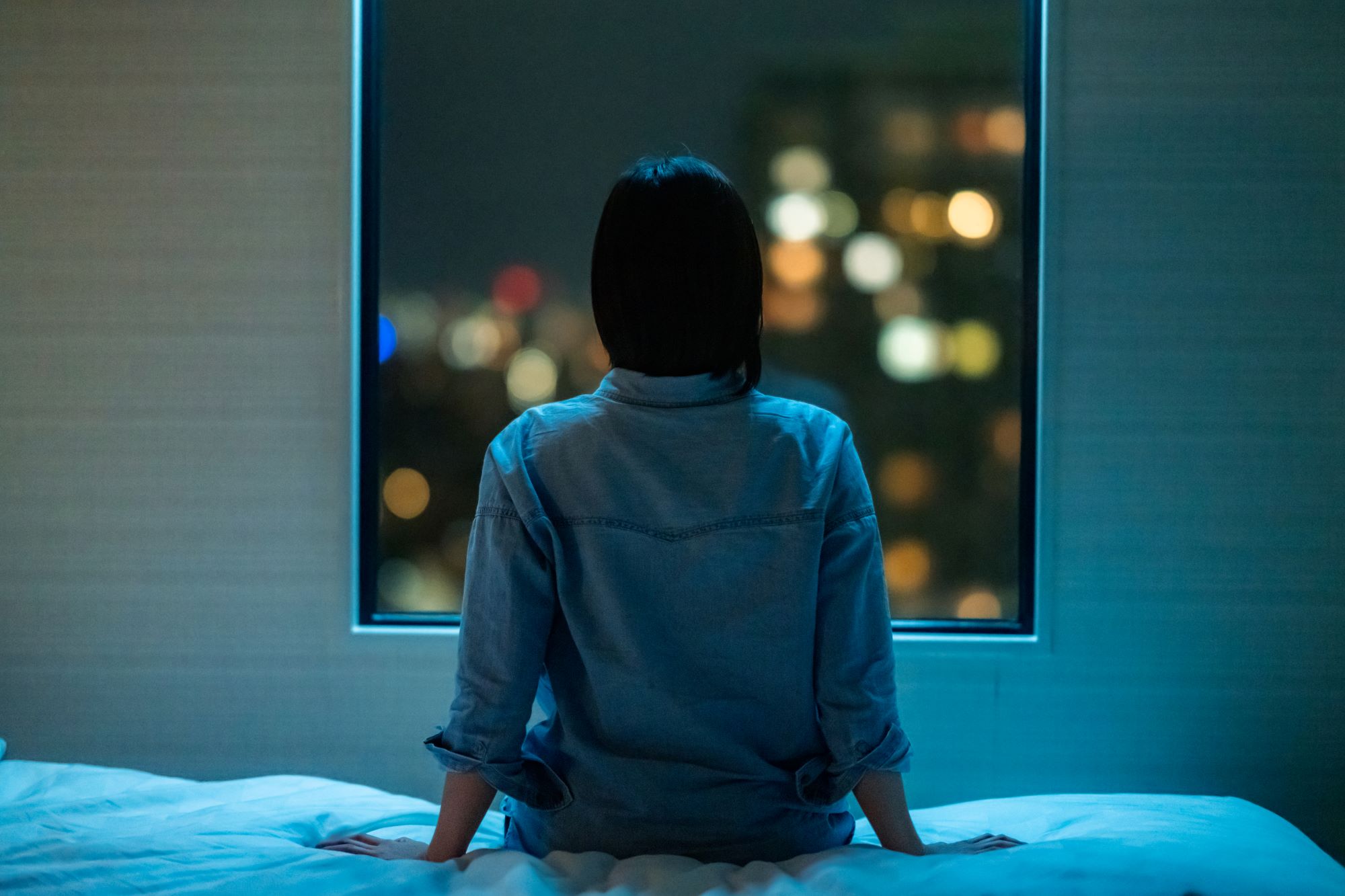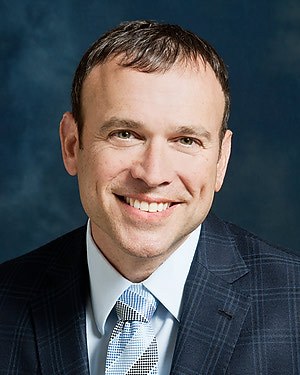
Have you adjusted to daylight saving time yet? No? You are not alone.
When there is an abrupt change in the timing of sleep, it takes up to five days for our biological clock, and thus our body, to synchronize with the new schedule.
With the start of daylight saving time in the spring, we “spring forward,” moving our clocks ahead an hour, adding another hour of glorious sunlight to our day, but losing an hour of sleep. While that may not sound like a major change, it is important to remember that the number of hours of sleep and the timing of our sleep are equally important in realizing the full benefits from a night’s sleep.
Within our central nervous system resides a master biological clock (the suprachiasmatic nucleus), which synchronizes our body with the external light/dark cycles through the regulation of hormonal and chemical signaling throughout our body. Notable consequences have been seen during this abrupt transition period.
Studies have linked the beginning of daylight saving time to an increase in motor vehicle accidents and higher rates of stroke and heart attacks. Studies have also shown an increase in workplace injuries the Monday after the spring time change.
In line with these results, studies have found with the time change in the fall, when we “fall back” to standard time and get an extra hour of sleep, the rate of motor vehicle accidents were notably reduced. Studies have also demonstrated worsening depression and mood disturbances after the fall time change, when we have fewer hours of light, likely contributing to seasonal affective disorder (SAD or “winter blues”).
To help your body spring into action, it is a good idea to try to minimize alcohol and wake up at the same time for the week leading up to the time change (weekdays and weekend). Move your bedtime and wake time back in 15-minute increments for 3-4 days leading up to the time change. Bright light first thing upon awakening in the morning can help facilitate this adjustment as well.

